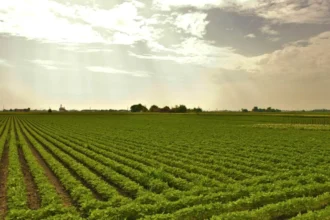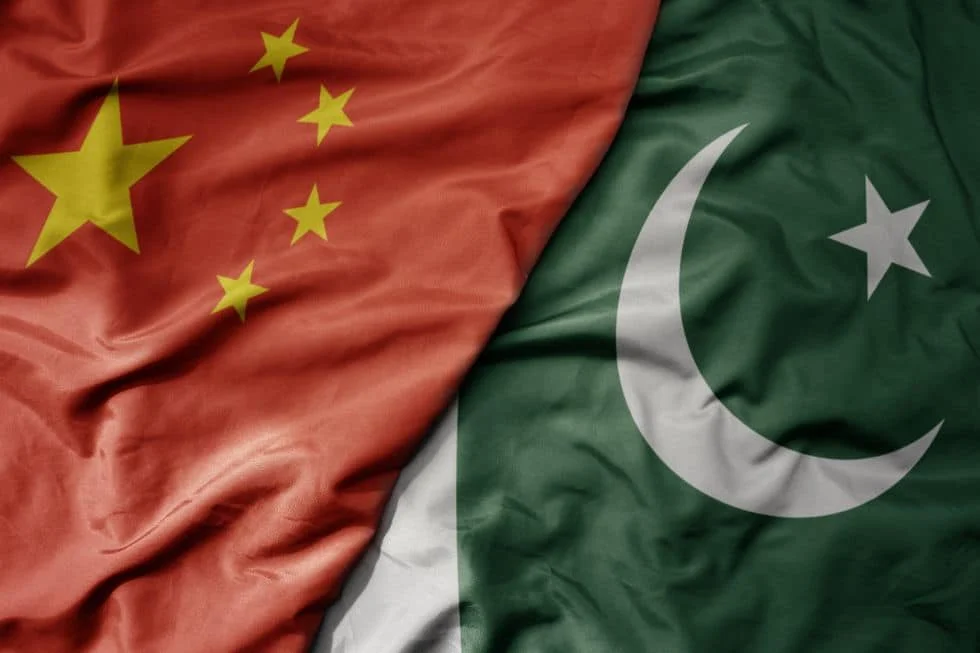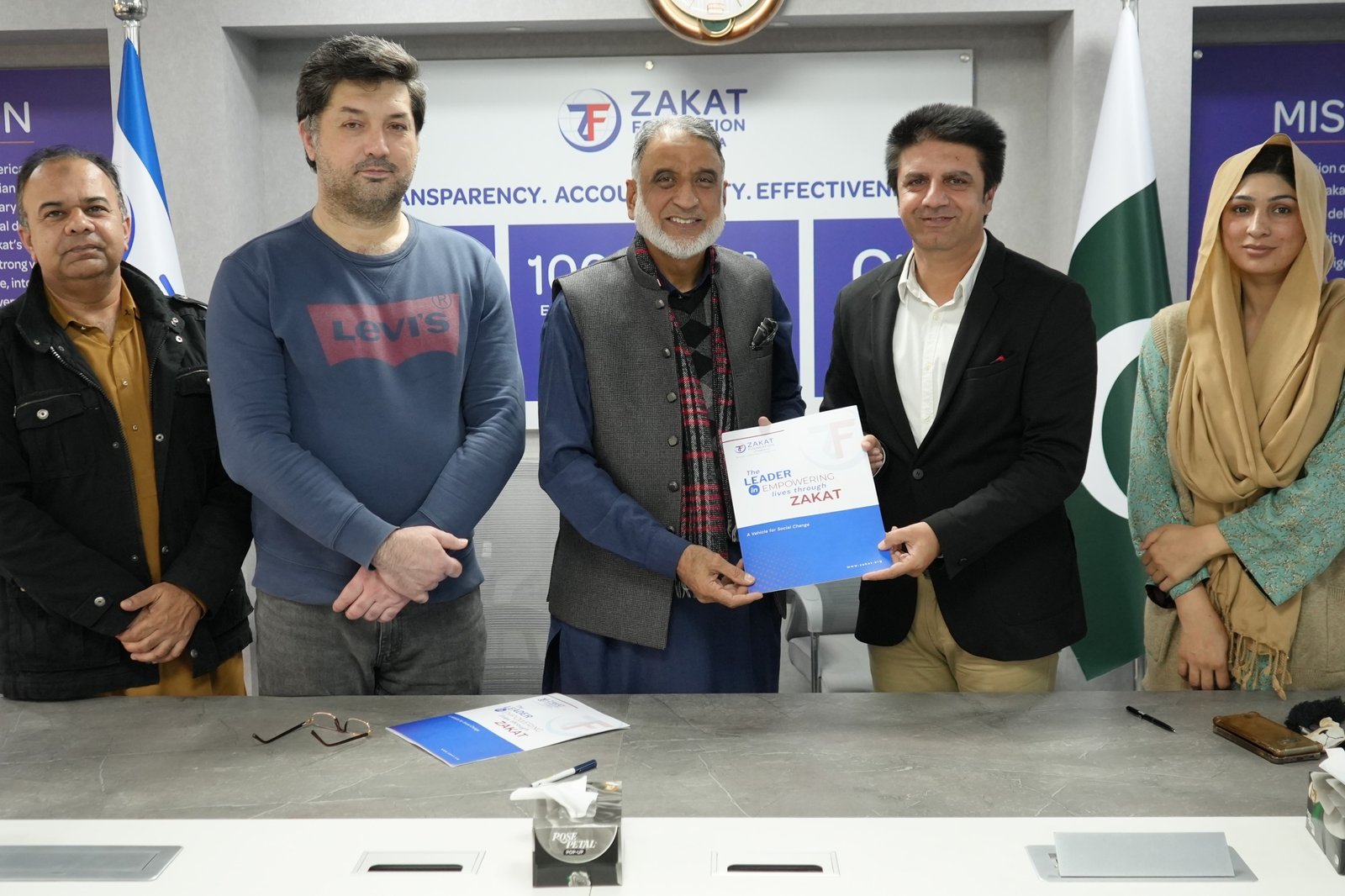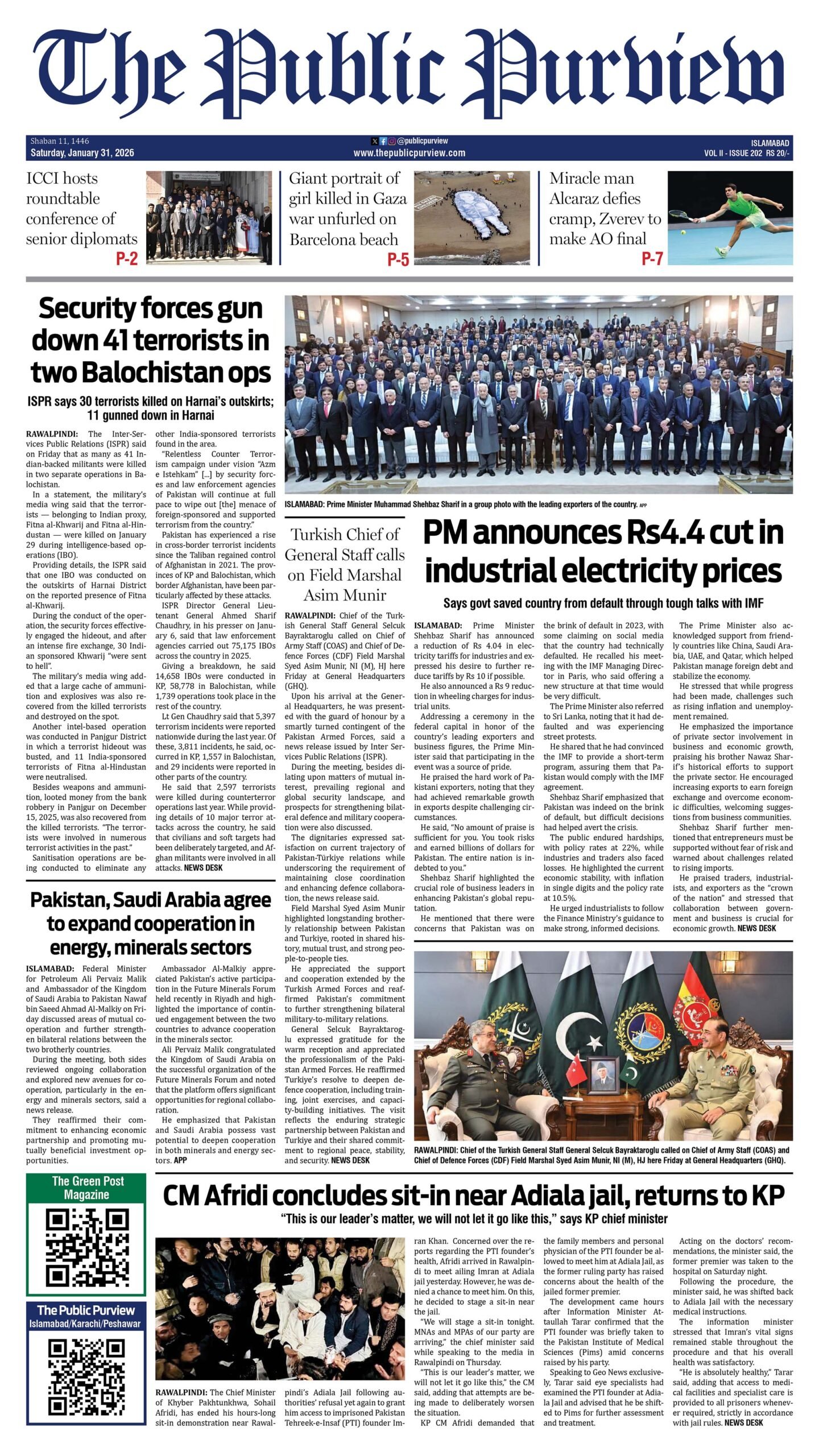Prof. Dr. Saima Hashim
As Khyber Pakhtunkhwa (KP) grapples with the looming threats of climate change, a recent Climate Action Fellowship program sponsored by Aga Khan University and USAID, held at the Serena Hotel in Peshawar, provided a much-needed platform for educators and policymakers to unite for our environment. Organized by Dr. Fozia Parveen, the 2024 fellowship gathered District Education Officers (DEOs) from across the province, including participants from Chitral, Dir, and Mardan. This collaboration underscored the urgency of equipping our communities with the knowledge and tools necessary to combat climate challenges.
“In the face of climate adversity, knowledge is our strongest tool,” Dr. Parveen emphasized, highlighting the pivotal role education plays in fostering resilience.
KP’s unique mountainous landscape and predominantly rural population render it vulnerable to climate change. With rising temperatures, erratic weather patterns, and diminishing water resources, our province faces a daunting reality. The visible consequences—frequent floods, glacier melts, and soil erosion—threaten not just the environment but also the livelihoods of millions dependent on agriculture.
Recognizing this, the fellowship focused on building climate resilience through education and community engagement. “If we want to protect our communities, we must first understand the climate risks they face,” a participant aptly stated.
Fortunately, KP is not starting from scratch. Initiatives like the Billion Tree Tsunami reflect a commitment to restoring our ecosystems. These efforts aim to reverse deforestation and enhance biodiversity, crucial in mitigating landslide risks in our hilly regions.
Moreover, organizations such as the Aga Khan Development Network (AKDN) are pivotal in integrating climate education into rural schooling, fostering awareness on water conservation and sustainable agriculture. The KP Elementary and Secondary Education Department is also making strides by introducing environmental science courses that address pressing issues like water scarcity and waste management. “Our goal is to empower our young generation with knowledge to protect their own environment,” noted a DEO from Dir.
The fellowship highlighted the critical intersection of education, policy, and community action. An educationist from Chitral expressed profound concern about plastic pollution stemming from tourism in the valley, advocating for stricter regulations to protect our natural ecosystems. Their community collected plastic wrappers from snacks consumed by tourists and returned them to manufacturers with a compelling message: “If manufacturers are spreading this pollution, they must take responsibility for it.”
As we look to successful models abroad, countries like Japan provide valuable lessons. In Japanese daycare centers, young children are educated on the importance of cleanliness and environmental stewardship. They are trained to keep their surroundings tidy, using designated garbage cans for waste disposal, and distinguishing between wet and dry garbage. Additionally, they learn to separate burnable, non-burnable, and plastic waste, fostering a culture of recycling from a young age. This early education has a profound impact on community behavior, instilling values that promote sustainability.
The potential for recycling in our communities is significant if handled wisely. Initiatives such as providing cloth bags for shopping and implementing a ban on single-use plastics in educational institutions are immediate targets that could yield substantial results. These measures not only reduce plastic waste but also encourage a mindset shift towards sustainable practices among children and their families.
To sustain these initiatives, targeted policy measures and resource allocation are essential. Integrating climate education into KP’s educational policy is crucial for embedding sustainability into the curriculum at all levels. “Sustainable practices must begin in our schools,” a DEO from Chitral emphasized, advocating for an education system that nurtures climate-conscious citizens.
Moreover, training programs for teachers are essential to ensure effective climate education. Specialized workshops can equip educators with the skills to teach climate science and foster sustainable practices among students. “We must empower our teachers first if we wish to empower our students,” a training coordinator remarked.
Collaboration among NGOs, government entities, and educational institutions is also vital. These partnerships can amplify the impact of climate education, drawing on global best practices and local expertise.
Addressing climate change in KP requires a behavioral shift in how communities interact with their environment. Traditional practices, while culturally significant, can lead to degradation. Promoting local, climate-resilient crops and sustainable agricultural methods can empower communities to adapt.
As highlighted by participants at the fellowship, “Simple shifts in behavior, like conserving water and recycling, can have profound effects on our environment.” This mindset is critical as we strive to build a more resilient and sustainable KP.
As KP embarks on its journey toward climate resilience, programs like the Climate Action Fellowship are vital in equipping communities with the necessary tools and knowledge. The enthusiastic participation of DEOs from Chitral, Dir, Mardan, and beyond demonstrates a collective commitment to tackling climate change through education and community engagement.
By integrating climate education into our schooling systems and promoting sustainable practices, we can pave the way for a greener and more resilient KP. As the famous saying goes, “We do not inherit the earth from our ancestors; we borrow it from our children.”






 Today's E-Paper
Today's E-Paper